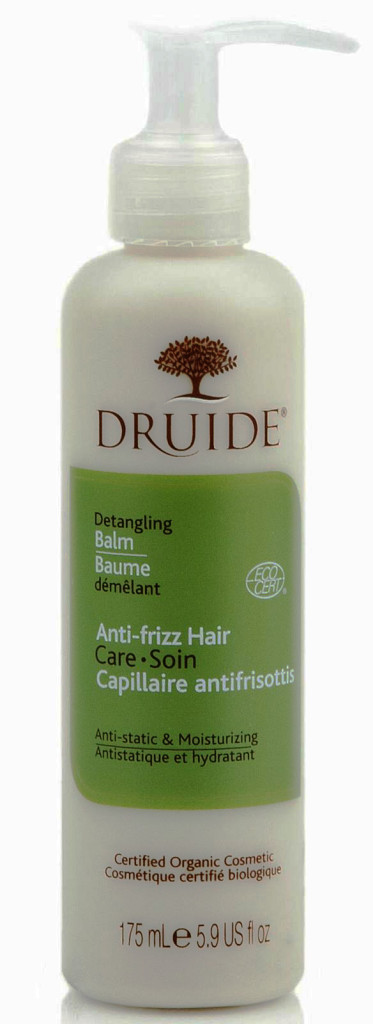
Using drugs to get ahead
By Cazzy Lewchuk, Staff Writer
For many college students, a cup of coffee or an energy drink is just what they need to get them through a boring class or early lecture.
But for some students a little bit of caffeine isn’t enough. The one-cup-a-day habit for them is more like 10 cups. Often, simple caffeine isn’t enough. Balancing classes, homework, a job, social life, and other commitments requires an occasional major boost. That boost comes in freely available stimulant drugs—often prescribed by a doctor but sometimes downright illegal.
On a typical college or university campus, it’s not hard to find prescription stimulants, often known as “study drugs.” Used medicinally to treat Attention Deficit Disorder (ADD), these prescription drugs are sold on the black market to students, who receive a sudden energy increase that lasts for hours. Sometimes, even pharmaceuticals aren’t enough: a shocking number of students use cocaine, amphetamines, or “speed” to party or study all night long.
A student who used Adderall twice to write an essay said “It did wonders for me. I wrote a complete essay in under four hours. Everything became interesting and the ideas just flowed, like the essay just wrote itself. One hundred per cent worth it and I would use it again.”
The use of controlled stimulants as seen in this experience is certainly common and seemingly harmless at first glance.
A former student who asked to remain anonymous admitted to using “a lot of coffee” and cocaine before attending classes and studying to stay awake. “As much as I hate to say it, it really did help. I managed to complete two years of high school and a university class within one summer whilst working two jobs. I never would’ve been able to without using drugs … I ended up in the hospital with cardiac problems and now face a lot of health problems.”
Another student experienced a slight overdose of coffee during one challenging 36-hour period. Having used caffeine constantly throughout her six-year degree, she explained: “I think I used coffee as more of a security blanket than anything else.”
Indeed, most stimulant usage gives students a sense of control and reduces stress. Perhaps in some way, these addictions are very manageable, and only a small fraction requires modification.
Although most stimulant users do not have situations as extreme or dangerous, habits can still have many negative consequences. On a long-term basis, stimulant use can lead to heart problems and dangerous body temperatures. They can sometimes lead to aggression, paranoia, and hostility after just one use. Additionally, the “crash” of a stimulant high and the withdrawal effects are particularly unpleasant. These effects are present even with casual caffeine use and withdrawal.
In the end, none of us are truly immune to stimulants. The vast majority of people use caffeine in some form on a weekly or daily basis. Until I stop being responsible for writing articles along with multiple essays and classes each week, I’ll continue to wait in line at Starbucks. In the words of the Beastie Boys, a famous hard-partying, drug-using group: “I like my sugar with coffee and cream.”

